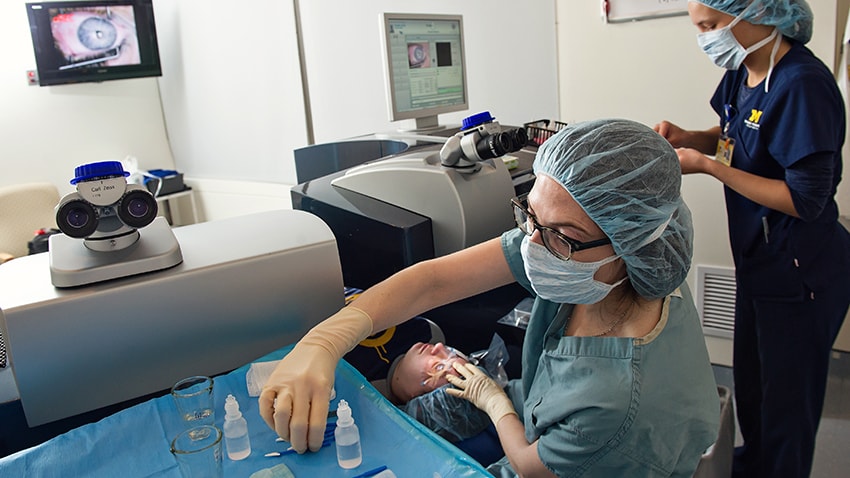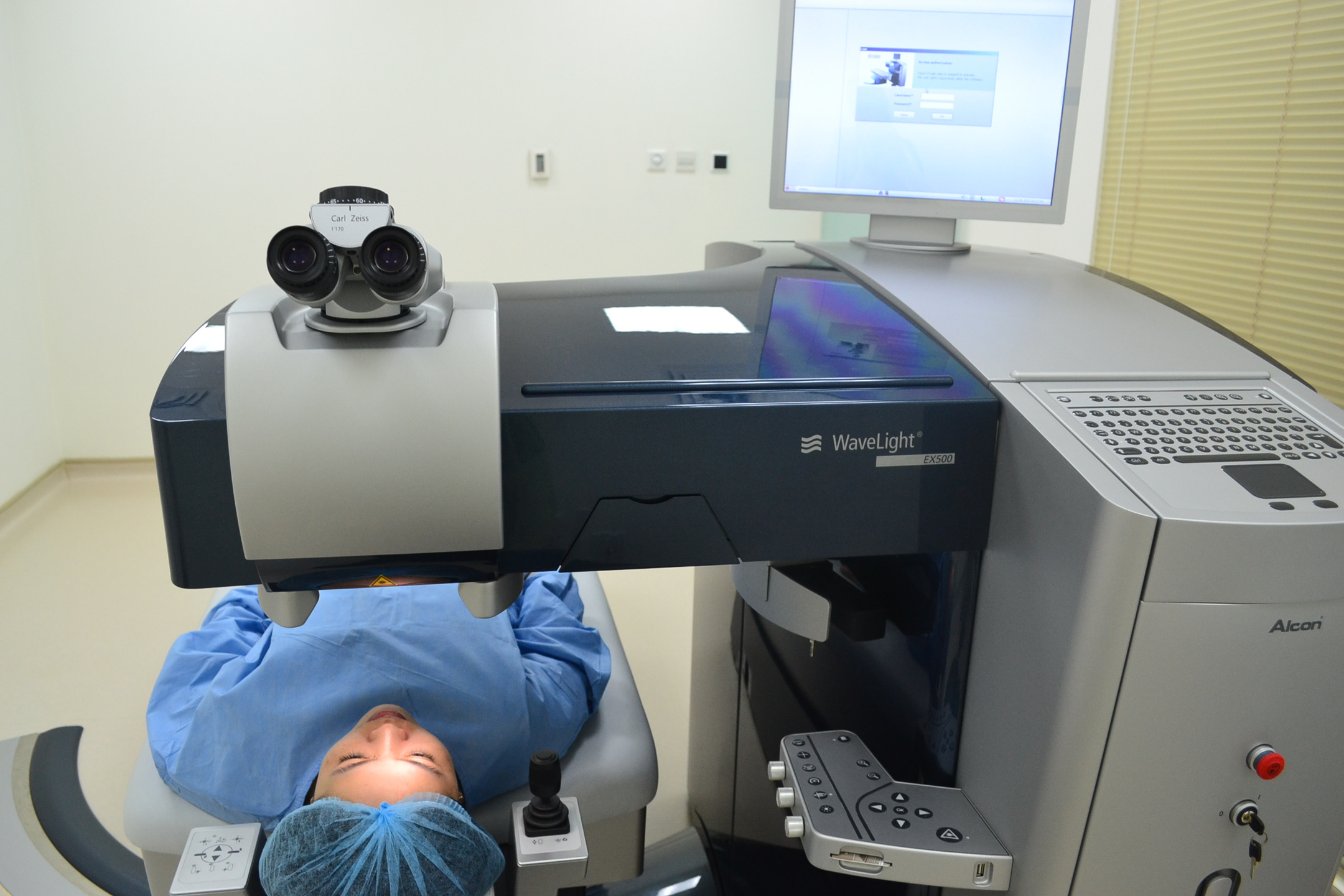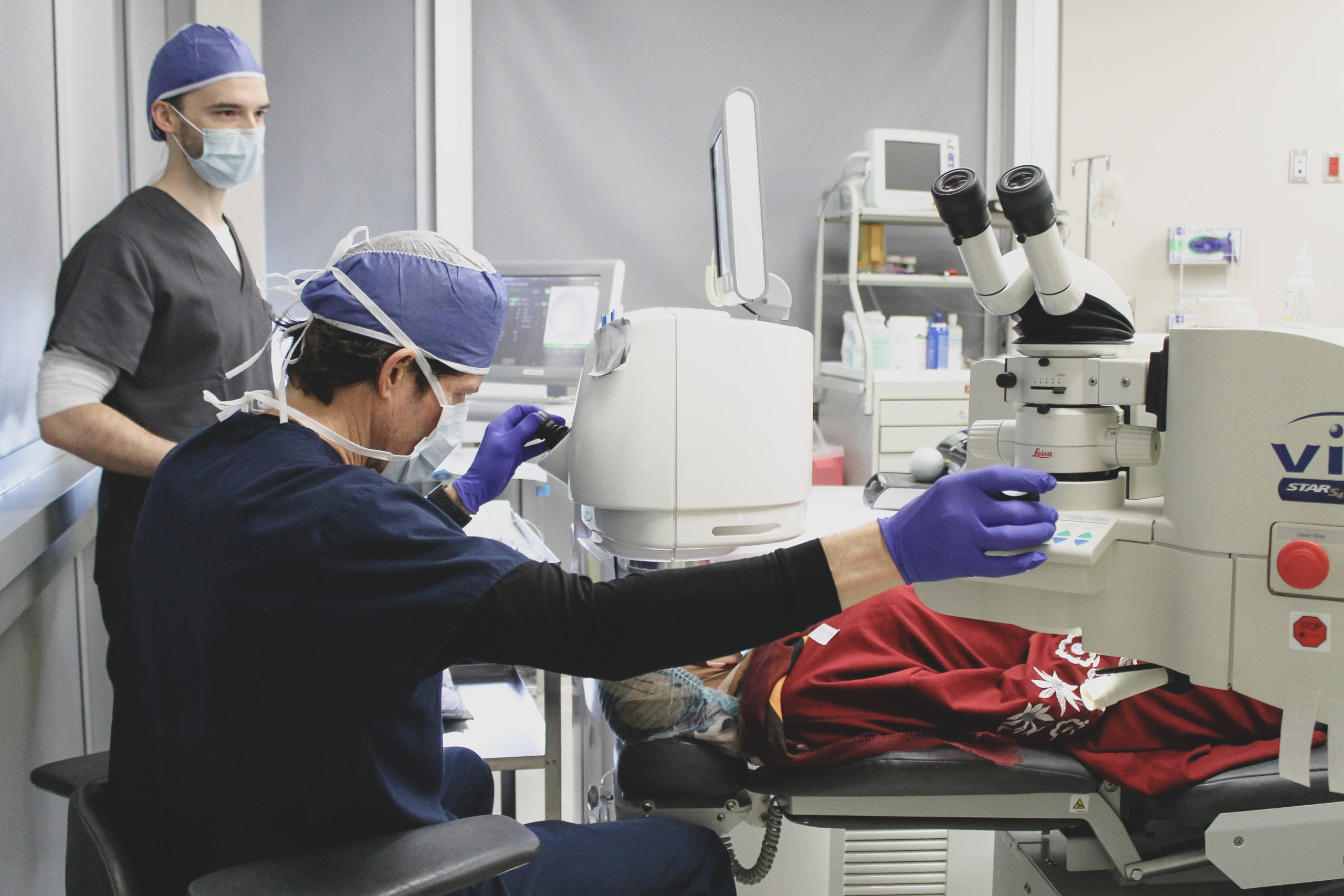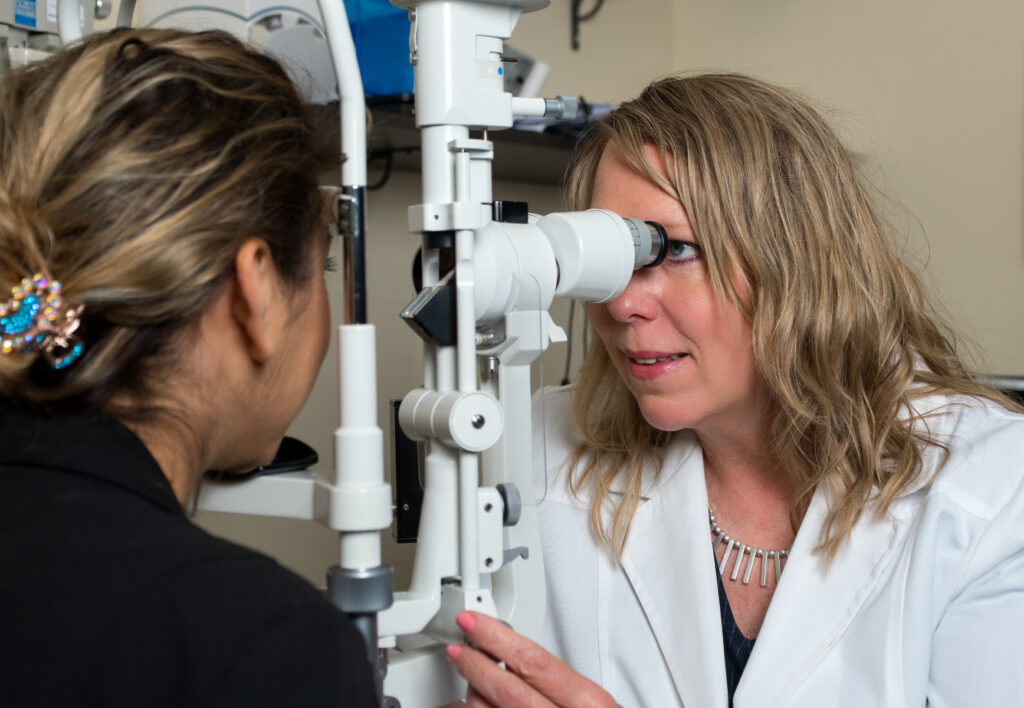Your age at the time of the treatment, as well as whether or not you have any other progressive eye problems, will decide how long certain changes take place following your LASIK eye surgery.
One’s eyesight alters after LASIK eye surgery.
While LASIK surgery permanently changes your vision, there are a number of reasons why your vision may change following LASIK eye surgery.
If the original condition that hindered your vision — such as myopia (nearsightedness), hyperopia (farsightedness), or astigmatism (blurry vision) — continues to deteriorate, your vision may change over time. According to the American Refractive Surgery Council, this is the case. As a consequence of this voyage, it’s conceivable that your vision may change.
Another common explanation for vision alterations years after LASIK surgery is presbyopia, a natural eye change that happens as people age. It happens when your lens gets less flexible as you get older, making it less able to focus on stuff in your surrounding area.
Your age at the time of surgery, as well as the degree to which your eye illnesses develop, if they progress at all, will decide how long your LASIK surgery “lasts.”

Even after 10 years of therapy, the great majority of people who have LASIK eye surgery remain happy with their eyesight.
According to one study, 35 percent of those who had laser eye surgery needed it repeated after 10 years because of wear and tear. Trusted Source performed another study that followed individuals who had LASIK eye surgery for nearsightedness and/or astigmatism. Approximately 10% of study participants had age-related visual changes during the course of the 12-year trial, according to the researchers.
If your vision gets blurry again after your original treatment for any reason, you may be able to have LASIK enhancement done even years later. It depends on how much tissue was taken during the original operation and how much tissue is left after that.
What is LASIK surgery and how does it work?
Light bends and gets focused on the retina, which is situated in the back of your eye, after striking the cornea, the transparent outer layer of your eye. Refraction is the technical term for this.
Light does not concentrate on your retina because it does not bend properly, causing your vision to become hazy. This is what is known as a refractive error.
The three most frequent types of refractive defects may be treated with laser vision correction (LASIK):
Nearsightedness (myopia).
Your vision is sharp when you look at things that are near to you, but it is blurry when you look at things that are far away.
Long-sightedness (hyperopia).
Your vision is clear when you look at things that are far away, but it is blurry when you look at things that are near.

Astigmatism
An imperfection in the shape of the cornea, which is the front of the eye, causes blurred vision.
The method of LASIK eye surgery involves reshaping your cornea with lasers or small blades to remedy these abnormalities. It takes some time, but once it’s done, light bends and focuses properly on your retina.
As a result, whether up close and far away, your vision will be clean and sharp. The ultimate goal is to correct your vision to the point where you don’t need glasses or contacts anymore.
What to Expect Right Away Lasik is a procedure that is performed after eye surgery.
You may have one or more of the following symptoms after surgery, which should go away in a few weeks to months:
- Foggy or fuzzy vision
- Itchy, dry, and watery eyes
- Light sensitivity; visual anomalies such double vision, glare, and haloes; and other signs and symptoms
It is crucial not to brush or poke your eye after LASIK surgery since this may cause the flap to slip out of place and interfere with the healing process.
You may realize that you no longer need your glasses or contact lenses after laser eye surgery. Although they are not required for many occupations, such as reading or driving, they may be required for some if your vision is not totally recovered.
Lazer eye surgery is a technique that alters the shape of your cornea permanently and irreversibly. This is true, but it does not mean that your vision will stay clear for the rest of your life. The changes in the eyes that occur as a normal part of the aging process cannot be reversed with LASIK surgery.
Because of presbyopia, which impairs close-up vision, almost everyone needs reading glasses around the age of 40. (age-related macular degeneration). This is something that LASIK surgery will not be able to fix.

Some recommendations for selecting a LASIK surgeon
Keeping the following factors in mind while choosing a doctor to do your LASIK operation may be beneficial:
To help you choose a doctor, talk to your primary care physician as well as relatives and friends who have had LASIK.
1. Select a LASIK surgeon with a high success rate and a big number of LASIK procedures completed.
2. Find a doctor with an office that is convenient for you.
3. Locate a specialist that does LASIK eye surgery in the way that you prefer (all laser, bladed, or custom).
4. Compare pricing and choose a doctor that is both affordable and provides payment options that are suitable for you.
5. Check to see whether any facilities that advertise “cheap” or “much discounted” LASIK eye surgery are authentic before electing to get the procedure done there.
6. Find out precisely what is included in the price and make sure there are no hidden costs, such as those related with follow-up consultations.
7. Most importantly, select a doctor with whom you feel at ease and in whom you have faith.
Final thoughts
Laser-assisted in situ keratomileusis (LASIK) is an eye surgery procedure that may improve your vision dramatically. It changes the shape of the tissue at the front of your eye permanently, and these changes last for the rest of your life. However, the majority of people’s vision deteriorates with age as part of the natural aging process. Because LASIK eye surgery cannot prevent this, your vision may get blurry once again as you become older.




